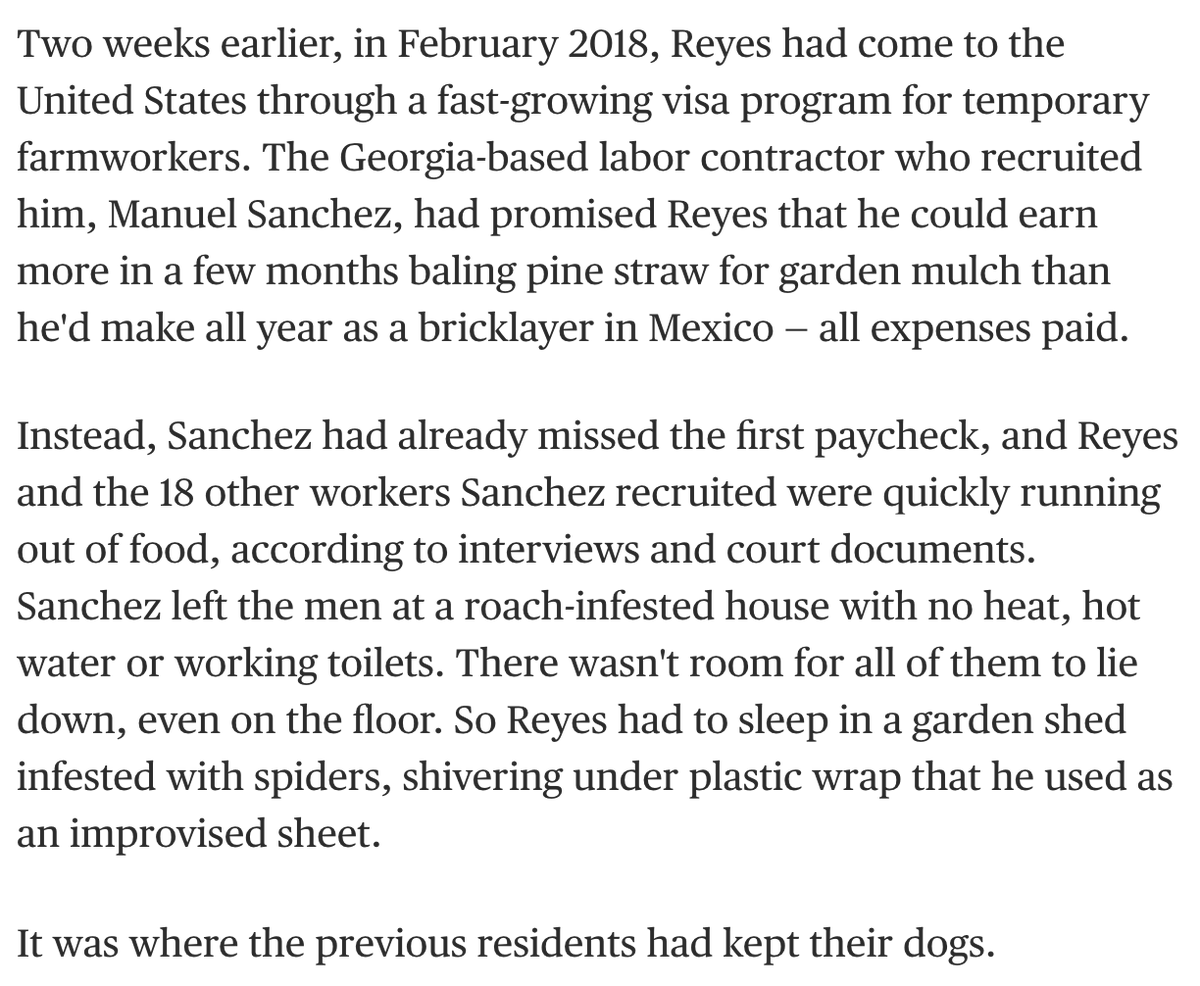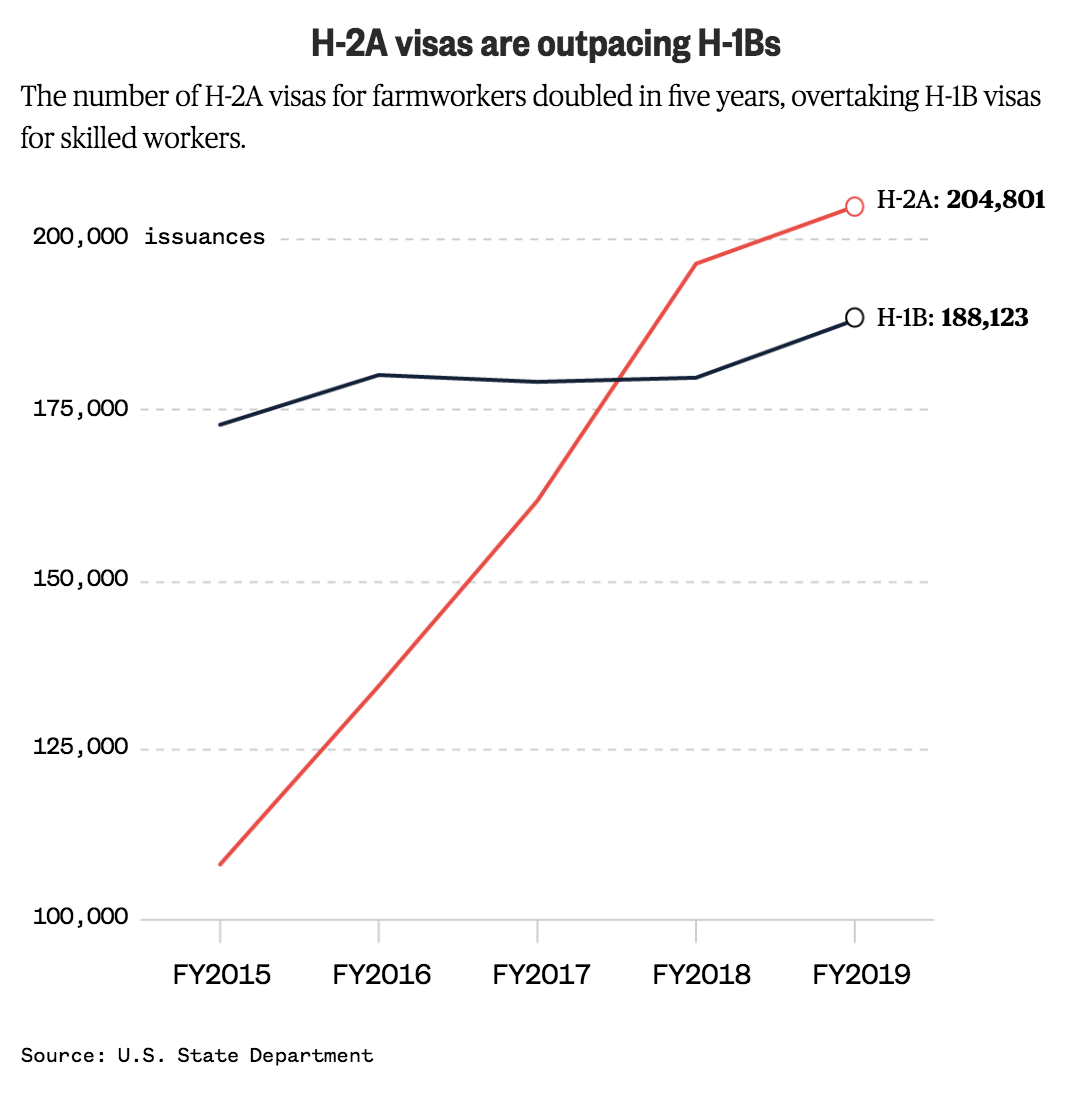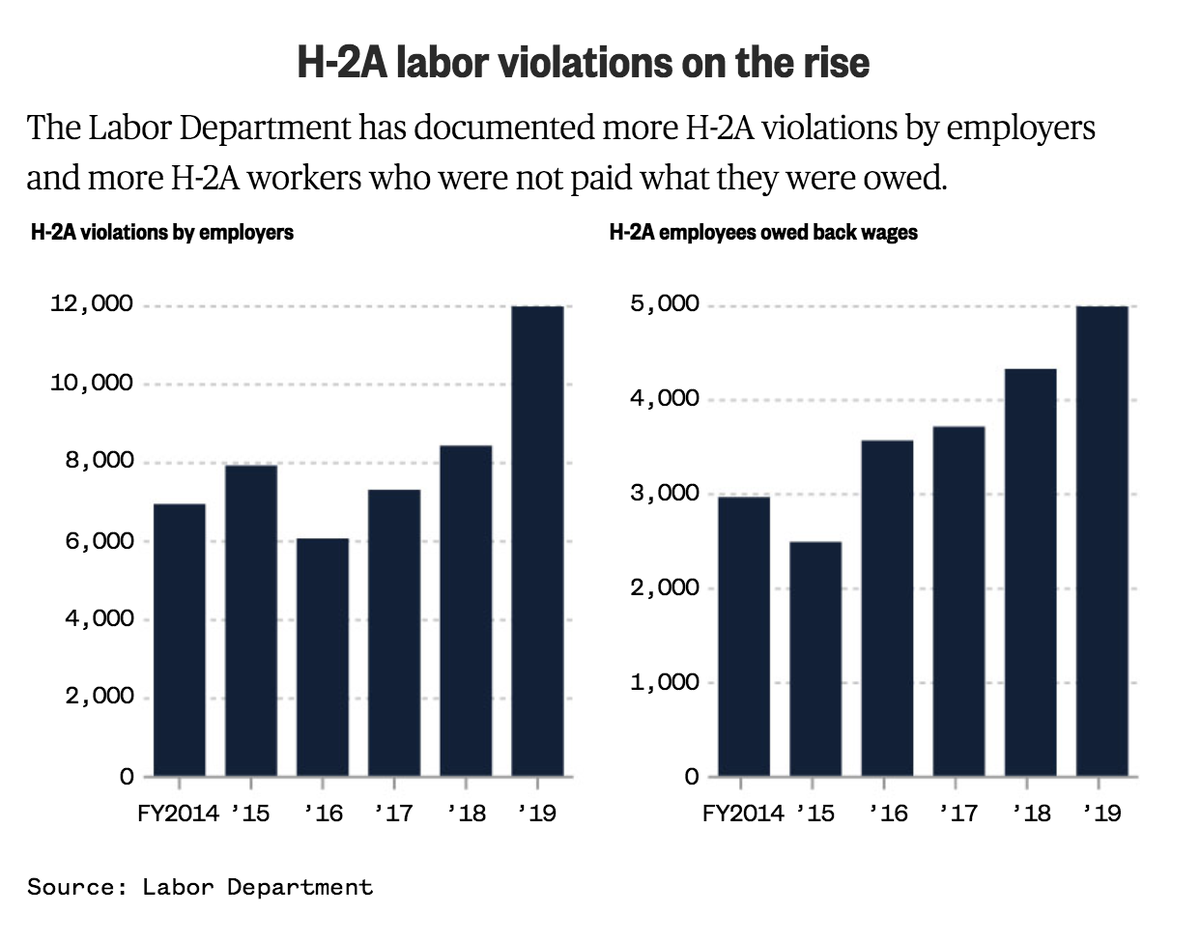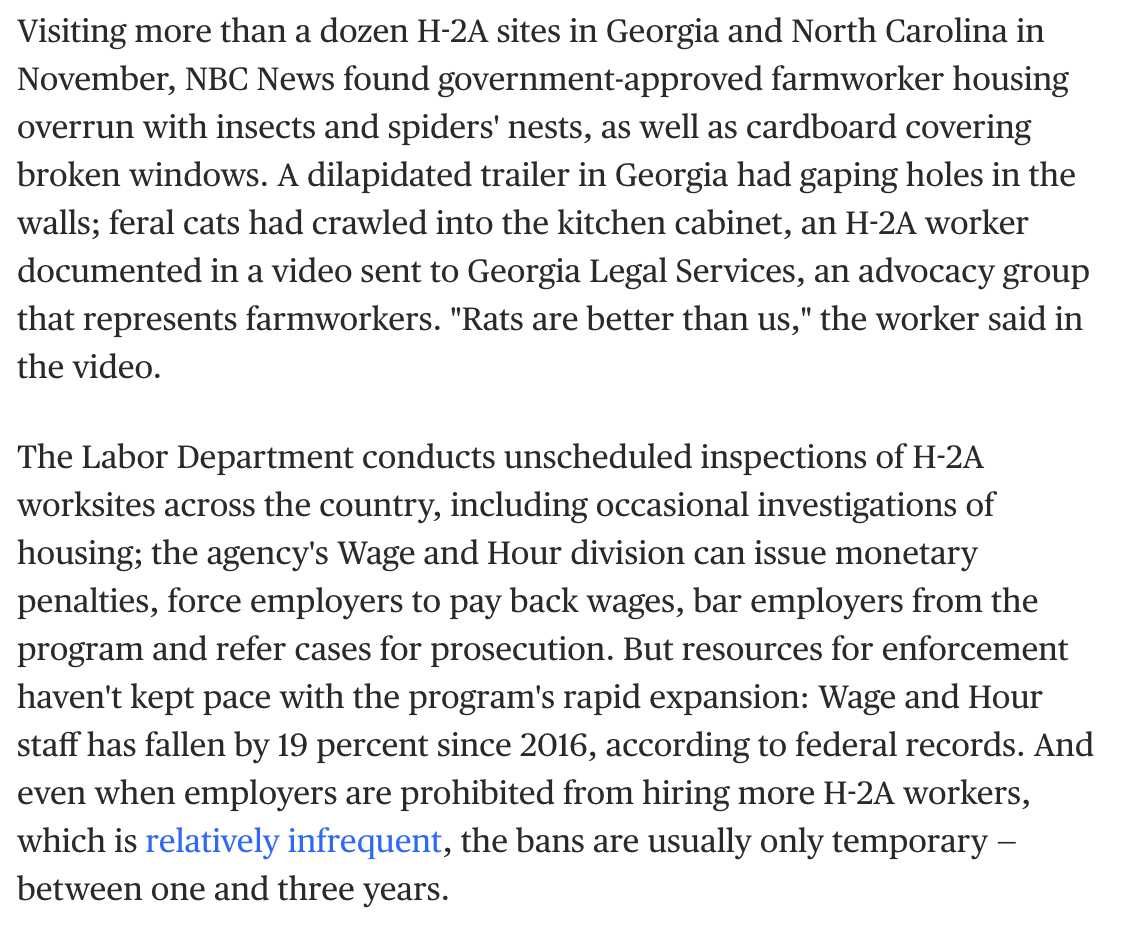.@Fahrenthold: When I get a no comment/non-response, I like to post the detailed questions that I asked, to show readers what’s missing. #IRE19
.@ericuman: ProPublica also posts long lists of detailed questions that go unanswered. He calls it "the full transparency FU.”
The TurboTax story came about b/c ProPublica did an internal staff callout for everyone to put forward their ideas (not just editors/reporters). Idea came from a staff member who wasn't writing/editing stories.
At the end of stories, the callout for tips wasn't generic, but asked a specific question crafted by the reporter, @JustinElliott: "Do you have information about the IRS or the tax preparation industry?" Also created a form asking specific Qs to distribute. #IRE19
Also had a separate form for current/former employers at TurboTax to submit and got 100s of responses, tips, leaks, etc.
• • •
Missing some Tweet in this thread? You can try to
force a refresh









